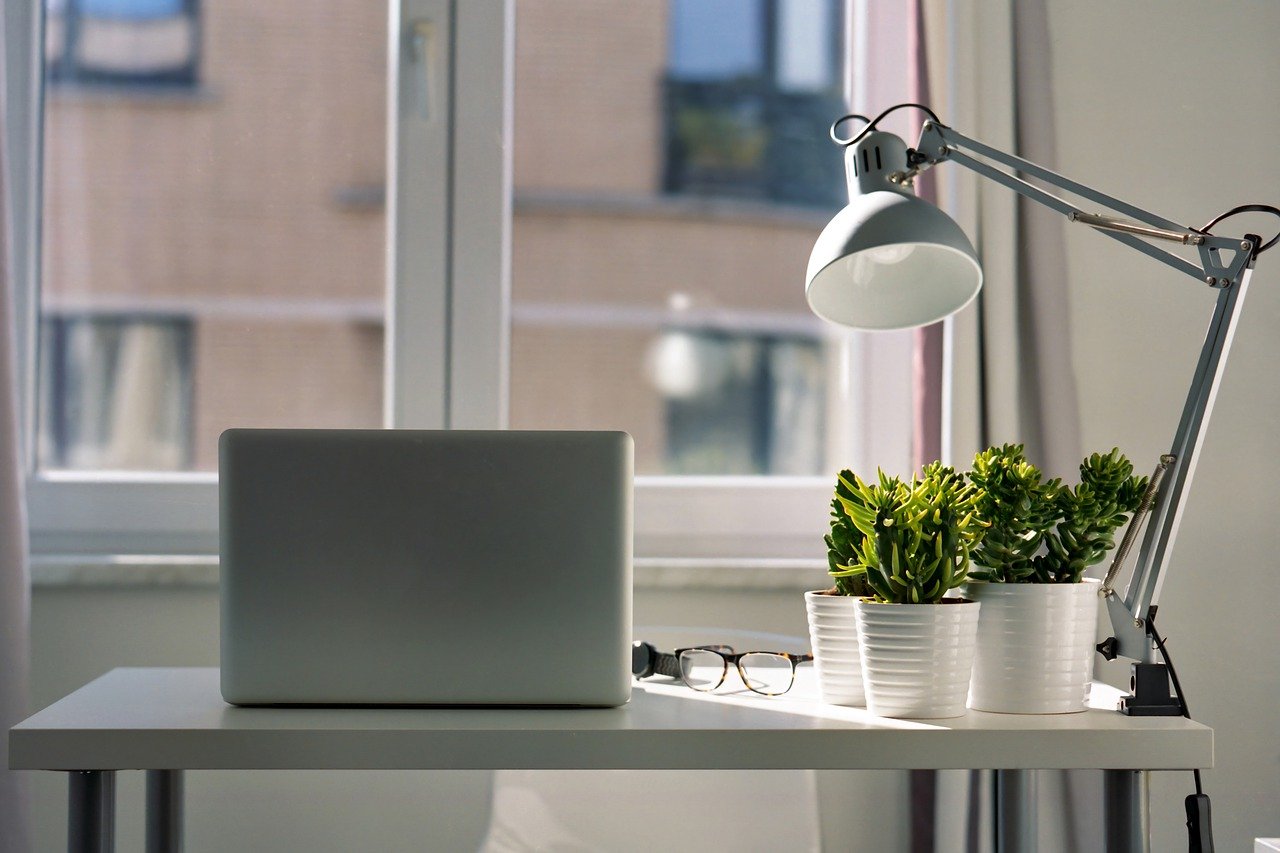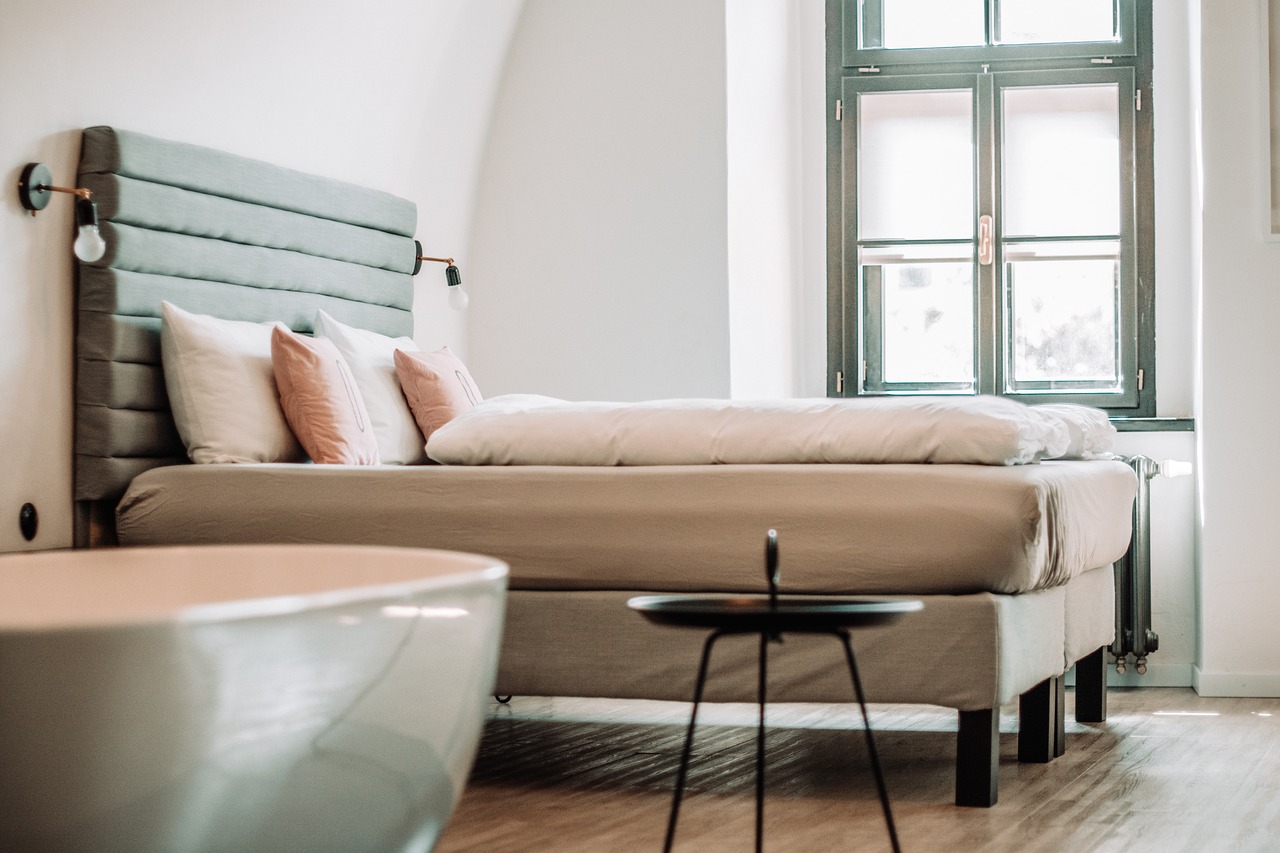Do you wish your home was less cluttered? Could you do with more space in your life? Do you simply have too much stuff?
If you answered yes to any of these questions, you’ve probably tried all kinds of solutions to live a more ordered lifestyle. Perhaps you tidy up endlessly, but the clutter just keeps accumulating. Or you may have tried organizing your home into different layouts to make the most of your space.
If none of these solutions has worked for you, you might benefit from embracing minimalism.
What is minimalism?
Minimalism is the practice of living simply, with as few possessions as possible. This doesn’t mean you have to have a completely empty house or sleep on a bare mattress on the floor. Nor does it mean you have to throw away all your belongings and become a Buddhist monk. Minimalism is simply a way to inject more order into your life and benefit from reducing your reliance on material goods.
It should not be seen as a series of restrictions, saying, “you can’t own this,” or “you must throw these away.” That’s not what minimalism is about. A minimalist lifestyle looks different for everyone, and the extent to which you embrace it depends entirely on you.
Going minimalist may require getting rid of belongings and cutting back on shopping. It will almost certainly ask you to adopt better daily habits and behaviors. But it will never force you to do anything you don’t want to do, and it is this myth that gives people a distorted view of what minimalism is. Being a minimalist doesn’t mean making huge sacrifices or being miserly. It just asks you to take a closer look at your priorities and be smarter about your habits.
What are the benefits of minimalism?
When you start practicing minimalism, you will notice the benefits incredibly quickly. It has profound advantages not only for the state of your home and belongings, but also has a remarkable impact on your mental wellbeing.
Here are some of the key benefits you can expect from living minimally:
- More Freedom: If you had to pick the number one advantage of minimalism, it would be the fact that it makes you more free. You will no longer feel tied to the material possessions in your home, and you will appreciate your life independently of the things you buy.
- Better Mental Health: When you have constant clutter in your life, this creates a low-level stress in your mind that you take everywhere with you. Often it sits just below the surface, and you barely notice it, but it is always there, creating feelings of anxiety and worry. By freeing your home of disorder, you will allow your mind to feel more positive and stress-free. Your mental health will benefit, and you will be happier and more satisfied with your life.
- It’s Cheaper: By spending less on material goods, you will put less stress on your wallet and have more money to spend on things that really matter, like experiences.
- Time Savings: With a less cluttered home and fewer possessions, you will spend less time cleaning and tidying. As a result, you will have more time in the day for productivity and relaxation.
- Environmental Benefit: By buying and consuming fewer goods, you have a much lower impact on the environment.
- Aesthetics: A more minimal home will be neat and tidy, and therefore more attractive to live in.
3 Steps to a Minimalist Home
If you are convinced by these benefits and want to embrace a minimalist lifestyle, you can get started right away. By following these three steps, you will instantly see the advantages and start freeing your mind and body of their material attachments.
- Set your rules
Before you can embark upon your minimalist journey, you need to establish some firm ground rules. You may be eager to start throwing stuff away, but without this all-important first step, you risk falling back into bad habits and ruining all your hard work. You need to be clear on what you want to achieve from your minimalist behaviors, and define exactly what your new minimalist lifestyle will look like. Some people define it as having a home free of clutter, whereas others like to take the idea a lot further by setting themselves a limit of 100 possessions. Maybe you want your minimalism to extend beyond your home and minimize your work and social life. Whatever your rules, you need to have this clarity in order to make it work.
- Declutter
The next logical step is to get rid of all the clutter from your life. This initial declutter is the most satisfying stage of the process, and if you’ve done it right, you will end up throwing out a lot of stuff. And don’t feel you have to waste anything. Most of your items you can donate to charity, sell online, or recycle. Go through every room of your home in a logical way and decide what you want to keep and what you want to throw out. When you set your rules in stage one, you should have defined how you will judge whether or not to keep an item, and this will help you make your decision. Throwing things out seems difficult at first, but you will find that it’s hard to stop once you get started.
- Organize your home
Now that you have cleared out the non-essentials, it’s time to maximize the space in your home. You have narrowed it down to the items that are meaningful to you, but you don’t want these cluttering up the floor and surfaces. A good way to organize your home is to invest in some smart storage solutions. High shelving or plastic containers that can be tucked out of sight are good options, as are more discreet solutions such as underfloor storage. And you don’t have to limit this to the interior of your home either. Your garden and driveway should be just as minimalist as the inside. Perhaps invest in some attractive bin storage to hide unsightly trash cans or a garden bench that doubles up as a storage container.
Maintaining your minimalist lifestyle requires you to keep focused on your goals and adopt good habits. This may be difficult at first, but the practice gets easier over time, and you will soon start to enjoy the considerable benefits of minimalism.


